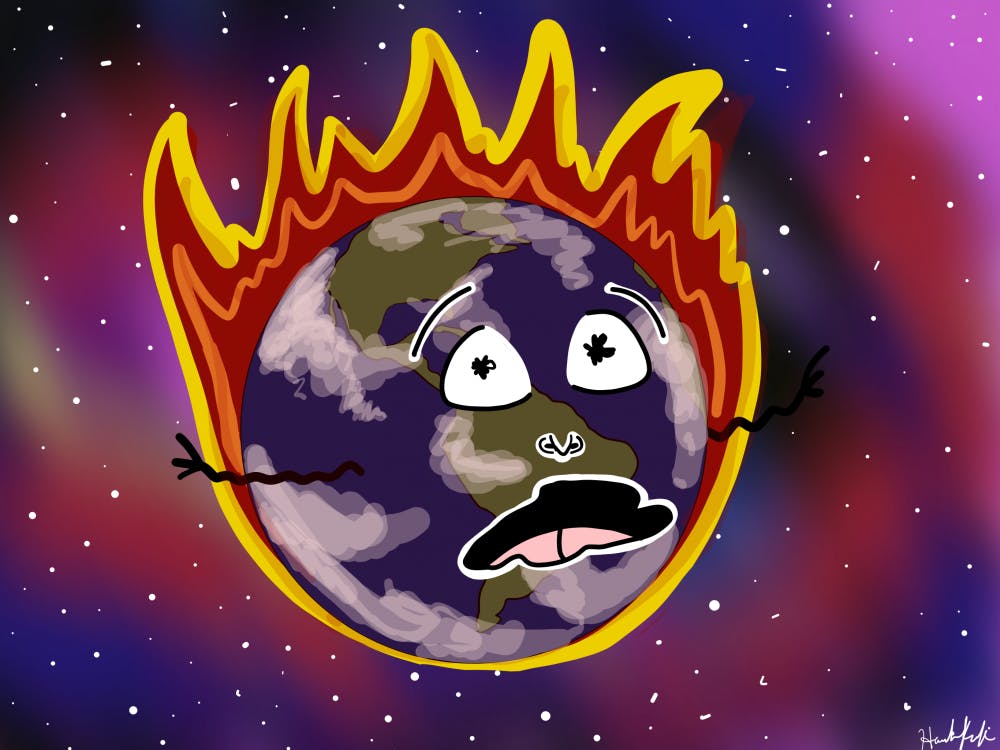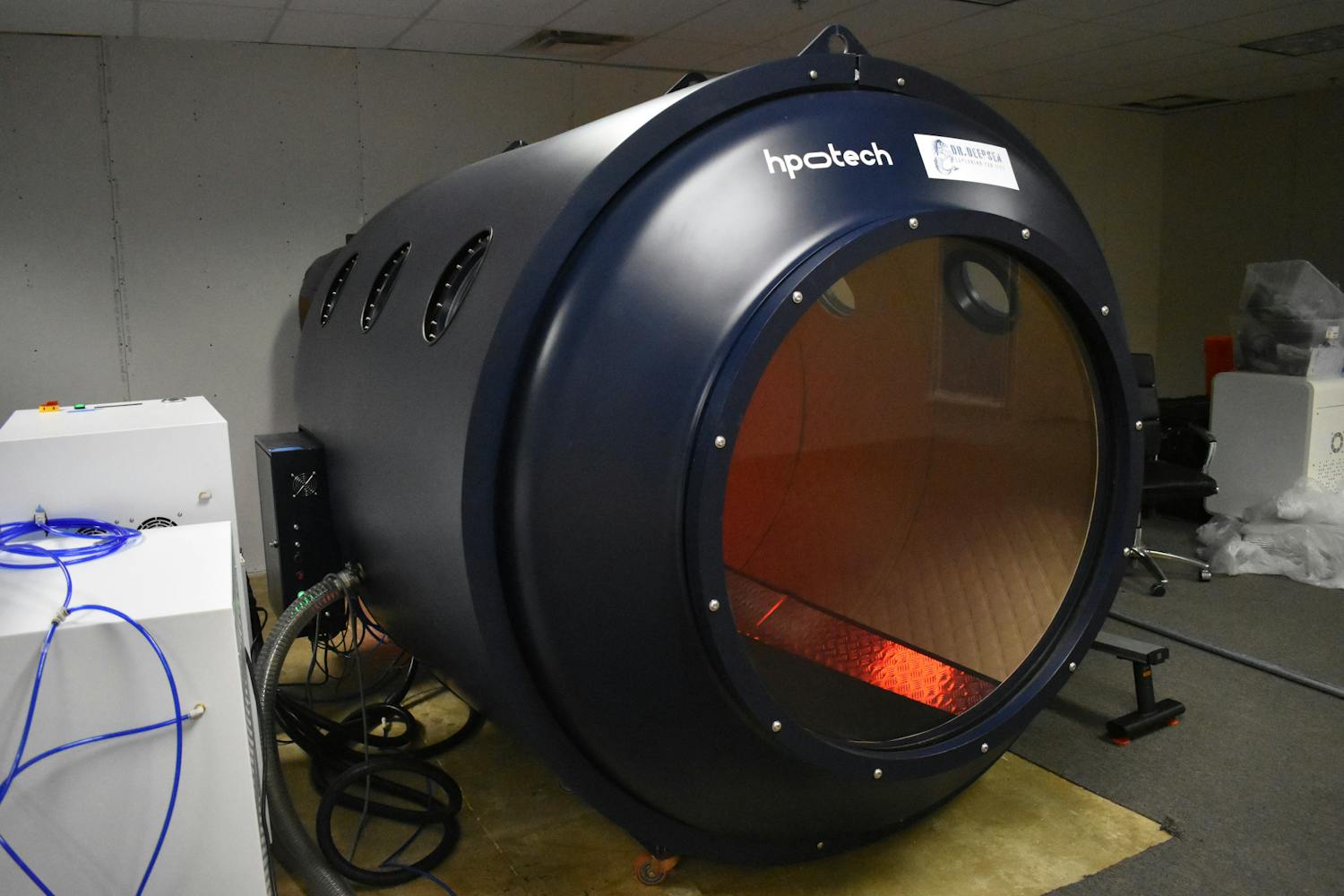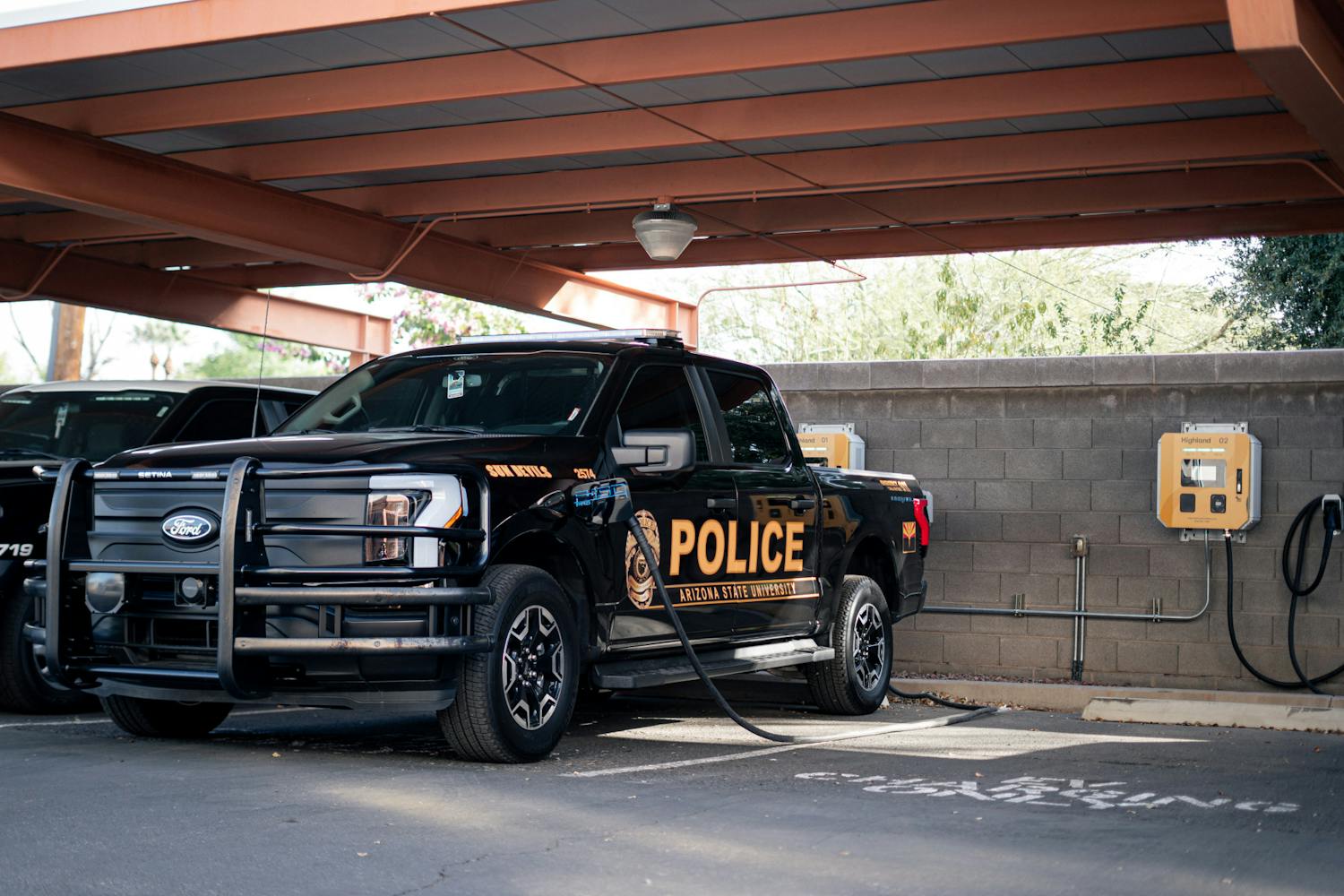A delegation of ASU students and professors attended the annual UN Climate Change Conference to conduct research and observe negotiations that aim to shape global climate policy.
The 23rd “Conference of the Parties,” known as COP23, was hosted by the government of Fiji in Bonn, Germany for two weeks, spanning from Nov. 6- 17, 2017.
COP23 followed the Paris Agreement, negotiated two years prior, and aimed to further define the rules and structure of the agreement to be implemented.
Sandra Day O'Connor College of Law professor Dan Bodansky, an expert in international environmental law and global climate change law, said he worked with sustainability faculty Sonja Klinsky in past years to help ASU gain accreditation for the conference, thereby allowing students and professors to attend negotiations.
Klinsky gave up her seat at this year’s negotiations to allow more students to attend the conference.
“The climate negotiations are one of the places where every country comes together to try to address a sustainability issue, in this case climate change,” Klinsky said. “It’s at these events where people are able to learn from each other, from all different countries.”
Different countries can apply pressure in negotiations to force other nations to address sustainability and climate change issues.
“I’ve been working in sustainability in one way or another my whole career,” Klinsky said. “As we face a planet that is becoming strained in terms of its capacity to provide for human and non-human life, it’s an incredibly important area.”
Although Fiji could not physically host the conference, which had nearly 20,000 attendees, the country's delegation was able to direct attention towards issues that would not normally have received as much attention. Bodansky said Fiji “highlighted the roles of oceans in climate change,” something that has a pronounced effect on island nations.
Graduate student David Krantz used the conference to inform his work in sustainability. He met with international stakeholders and religious leaders to help with the ongoing research he has been conducting in the field.
Sustainability and geography senior Julia Colbert attended the first week of the conference with Krantz and held Skype sessions with classrooms across the U.S. to interact with younger students about the themes of the conference.
“These decisions that are being made now, regardless of how slowly they’re being made or how frustrating it might be, are the things that are going to impact us in the future,” Colbert said.
Colbert said she was drawn to ASU because she heard about the School of Sustainability and was impressed by the focus on “how to apply sustainability in the real world.”
Bodansky said many U.S. colleges and institutions have taken action to reaffirm a commitment to the Paris Agreement.
ASU President Michael Crow, along with educators, business leaders and politicians from across the country, signed his name to an open letter pledging support to the Paris Agreement and its ideals.
The ASU Director of University Sustainability Practices, Mick Dalrymple, said the University prioritizes sustainability as a goal.
“Sustainability is one of the core principles of the university,” Dalrymple said. “It is from the top down.”
He said the student body showed an active interest in sustainability with “18 to 23 different clubs that are focused on sustainability-oriented issues.”
“There’s offerings for just about any student that has an interest in sustainability,” Dalrymple said.
He said that there is a further need for action in sustainability and an expansion beyond theoretical concepts.
“It’s not just about understanding, it’s about how you actually use all of this stuff and make things happen and make things work,” Dalrymple said. “It’s how you actually put it into action.”
COP23 aimed to do just that, by bringing together experts and representatives from around the globe.
“It provides a moment for really galvanizing action for all kinds of people,” Klinsky said.
Reach the reporter at sabine.galvis@asu.edu or follow @sabinegalvis on Twitter.
Like State Press on Facebook and follow @statepress on Twitter.




